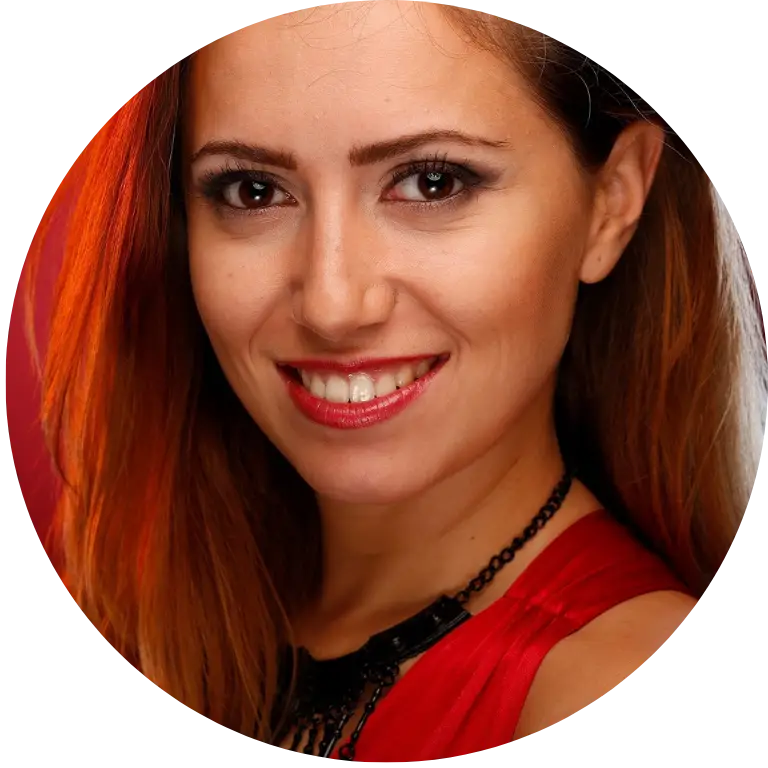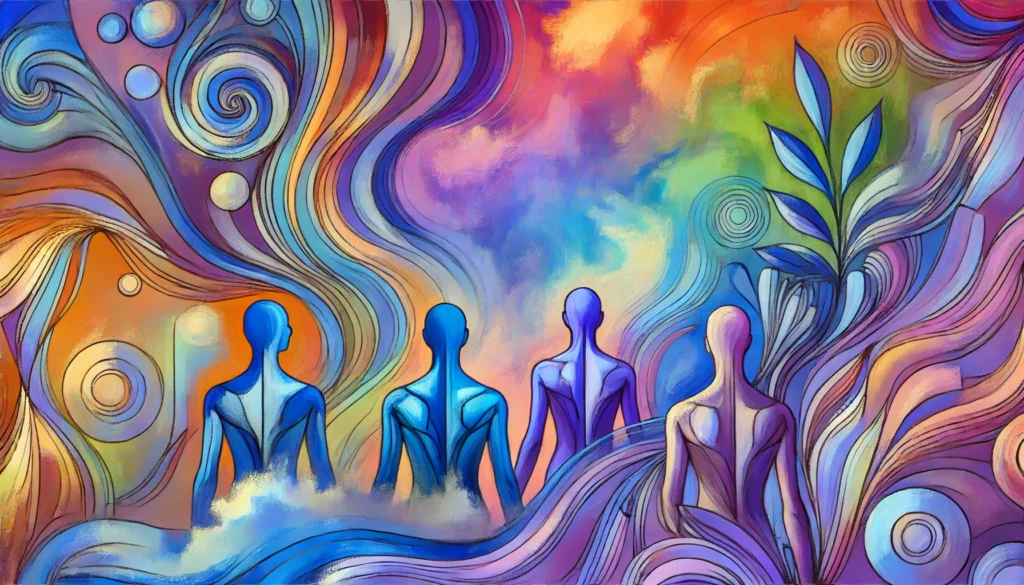SPEAKERS
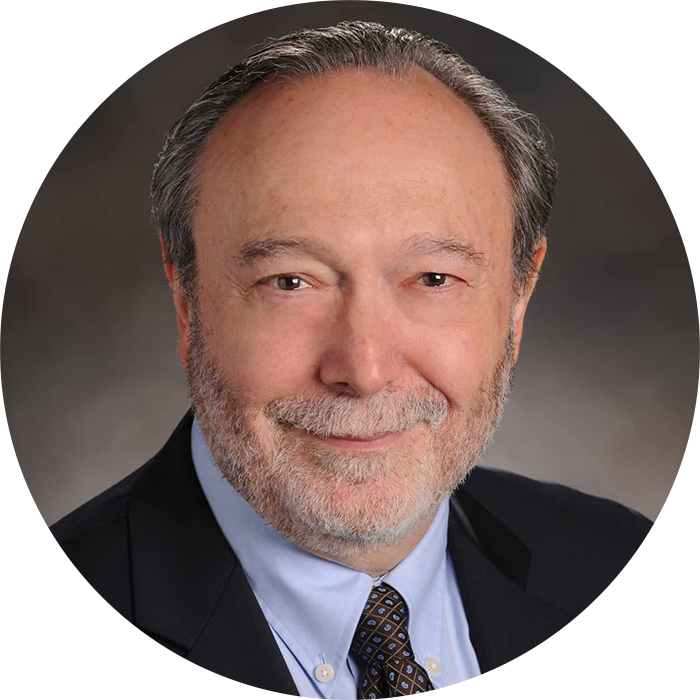
Stephen W. Porges, Ph.D.
Creator of the Polyvagal Theory.
Stephen W. Porges is a trailblazer in understanding the connection between the nervous system, emotions, and social behavior. He serves as Distinguished University Scientist at Indiana University, where he founded the Traumatic Stress Research Consortium. He is also a Professor of Psychiatry at the University of North Carolina and holds emeritus positions at the University of Illinois and the University of Maryland.
Dr. Porges is renowned for introducing the Polyvagal Theory, a groundbreaking framework that links the evolution of the autonomic nervous system to behavior, mental health, and trauma responses. This theory has transformed how clinicians understand conditions such as PTSD, anxiety, and autism, leading to innovative treatments that enhance safety, regulation, and social engagement.
With over 400 peer-reviewed articles to his name, Dr. Porges has also authored influential books like The Polyvagal Theory and Polyvagal Safety. He developed the Safe and Sound Protocol™ (SSP), a widely used therapeutic intervention that combines music and neuroscience to improve emotional resilience and communication. As a former president of the Society for Psychophysiological Research, Dr. Porges continues to inspire therapists and researchers worldwide with his compassionate approach to healing.
(live Q&A via video link)
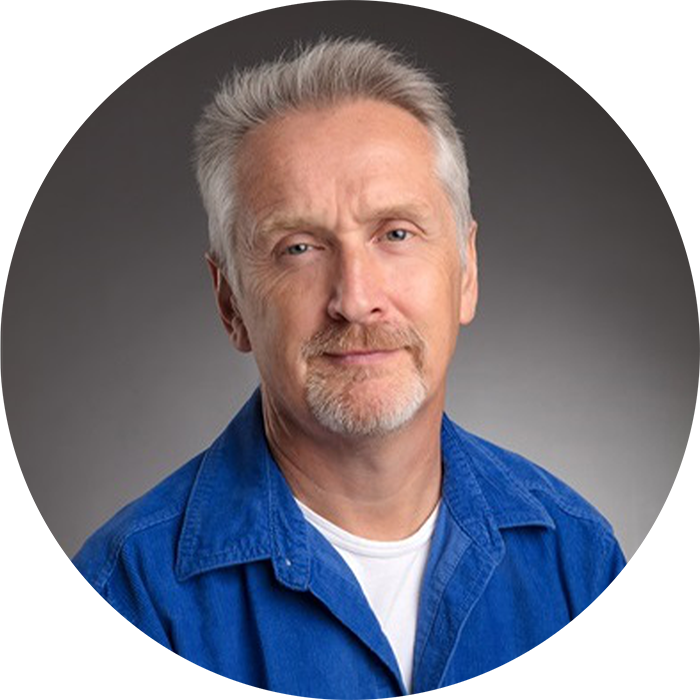
Matthew Appleton
Body Psychotherapist and
Co-Founder of Conscious Embodiment Trainings
Matthew Appleton is an expert in the fields of Body Psychotherapy, Craniosacral Therapy, and Core Process Psychotherapy, with over three decades of experience. He is the co-founder of Conscious Embodiment Trainings and founded Integrative Baby Therapy (IBT), a somatic and relational therapeutic approach that works directly with the prenatal and birth memories of babies.
More than 400 professionals, such as psychotherapists, osteopaths, midwives and paediatricians, have graduated internationally in IBT. Alongside the IBT trainings and his private practice in Bristol, England, Matthew runs experiential workshops for adults, which address how pre- and perinatal experiences shape emotional, physical, and psychological well-being.
Matthew’s journey into therapeutic work began at the famed Summerhill School, where he served as a houseparent, fostering children’s natural capacity for growth and emotional expression. His therapeutic approach is enriched by years of study in Buddhist and Indigenous traditions, creating a unique synthesis of spirituality, bodywork, and psychology.
His books ‘A Free Range Childhood. Self-Regulation at Summerhill School’ (1999) and ’Transitions to Wholeness. Integrating Prenatal, Transpersonal and Somatic Psychology’ (2020) have been translated into several languages. He is passionate about helping people explore how early life events influence their present experiences and equipping therapists with tools to support healing at every stage of life. His workshops, offered both in the UK and internationally, bring together profound insights into the interconnectedness of the body, mind, and spirit.
The Matrix of Pre and Perinatal Trauma
Traumatic experiences that occur whilst we are in the womb or during birth create a foundational matrix of survival-based strategies that have life-long consequences. This matrix is laid down in our neurology and has profound effects on our later capacity for emotional regulation and belief systems about ourselves and the world. Although most of us do not have explicit memories of these early experiences, they are deeply rooted in as implicit memories, which are held in the body and are more readily accessed through body-oriented therapies, than talking therapy. In this talk we will look at the nature of how pre and perinatal trauma shows up later in life and how working consciously with these early traumas can free us of the power they have over us.
Alexandra Algafari is a second generation body psychotherapist. She pursued her academic studies in psychology in the UK and Spain before completing her training as a Neo-Reichian Analytical Psychotherapist in Bulgaria where she lives and runs runs her private practice.
As of 2025 she holds the position of managing director of the Bulgarian Institute of Neo-Reichian Analytical Psychotherapy where she also teaches Psychodiagnostics and Group Psychotherapy. She is part of the editorial team of the International Body Psychotherapy Journal and a member of EABP and BNPD.
Alexandra’s professional interest is focused on helping individuals navigate anxiety, find purpose, and cultivate self-compassion through body-mind integration. Her innovative approach combines clinical expertise with a dedication to making psychotherapy more accessible and relatable.
Recognizing the power of social media as a tool for mental health advocacy, Alexandra founded JAYA Tribe, a rapidly growing online platform for psychotherapy in Bulgaria. Through this initiative, she has created a vibrant community of more than 500 people that connects people with resources, insights, and support for their mental well-being.
OK, Boomer… Let Us All Breathe Through That: Generational Differences in Body Psychotherapy
In a world where each generation speaks its own emotional and embodied language, how can body psychotherapists bridge the gap between tradition and transformation? This keynote unpacks the distinct ways Boomers, Gen X, Millennials, and Gen Z experience, express, and regulate their bodies in therapy and what a modern day therapist needs to be aware of when working with clients from each generation. The first obstacle we encounter in session is our client’s cultural background which has formed a massive part of their entire belief system and demeanor. But culture doesn’t only include ethnicity, nationality or traditions. Our culture is mostly affected by the time we live in. From nervous system imprints shaped by historical traumas to the digital-age embodiment (or disembodiment) of younger clients, we’ll explore how generational shifts influence attachment, resilience, and somatic awareness. Through honouring the generational differences we face in our offices every day, the aim of this short overview of personal timelines will be to co-create a therapy space where every generation feels seen, felt, and understood. Whether you’re a seasoned practitioner or new to the field, this talk will leave you with fresh insights and embodied tools to deepen your impact across generations.
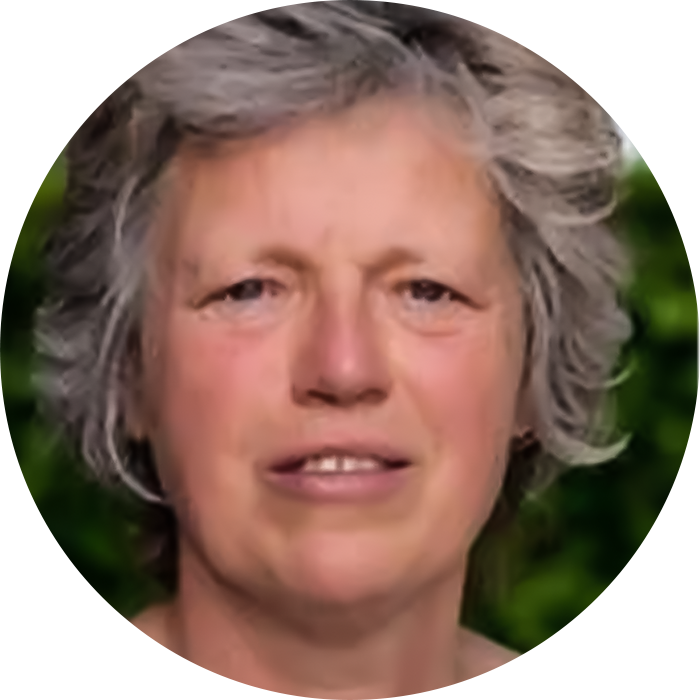
Merete Holm Brantbjerg
founder of relational trauma therapy
Merete Holm Brantbjerg is an innovative psychomotor trainer and a co-creator of Bodynamic Analysis. With a career spanning nearly 40 years, Merete has spent the last two decades developing Relational Trauma Therapy, an approach that bridges psychomotor techniques, neurocentric skill training, and group systems to support trauma recovery.
Her methodology focuses on regulating hypo-states—areas of the body and mind that become under-responsive due to trauma. By creating systems of mutual regulation, her work helps individuals access and process emotions and experiences that have been held in dissociation.
Based in Copenhagen, Denmark, Merete leads workshops and training programs both in-person and online for therapists across the globe. Her work is known for being deeply practical, innovative, and grounded in compassion, offering valuable tools for integrating body awareness into trauma therapy.
Curious about what can go missing in stress and trauma?
When facing stress and trauma different coping and survival strategies emerge We can go into hyper-strategies – fight, flight, freeze, protection reflex etc – and we can tense up in our muscles. These strategies are all action-oriented. What about the hypo-strategies? We can also collapse, go numb, go flaccid, - and we can give up in our muscles. These are smart strategies – they protect us from sensing, from being present – and they come with a cost. We loose access to parts of us in a different way compared to the hyper-parts. How do we get the lost parts back? What kind of embodiment or bodywork can help us get curious about them – and about what is living in them? We will experiment with low dosed muscle-activations in this presentation – and see what awakens in us with that – in relationship to a small stressor.
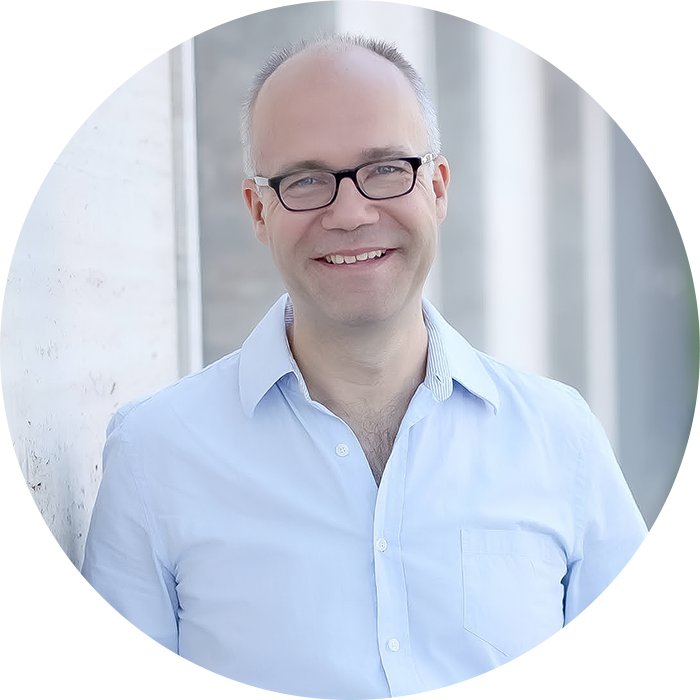
Stefan Ide
Body Psychotherapist, Chairman of the DGK
Stefan Ide is a psychologist and licensed psychotherapist specializing in integrative body psychotherapy, horse-assisted psychotherapy, and trauma therapy.
Since 2020, he has served as the 1st Chairman of the German Society for Body Psychotherapy (DGK). He is a teaching therapist at the Institute for Body Psychotherapy Berlin (IFK) and a lecturer at Sigmund Freud University Berlin (SFU).
Stefan leads the Centro Delfino practice in Berlin Charlottenburg as well as a health insurance-approved practice in Oranienburg. He lives in a small town in Brandenburg, Germany, on a horse and cattle farm where he integrates body psychotherapy with animal-assisted psychotherapy, particularly working with horses.
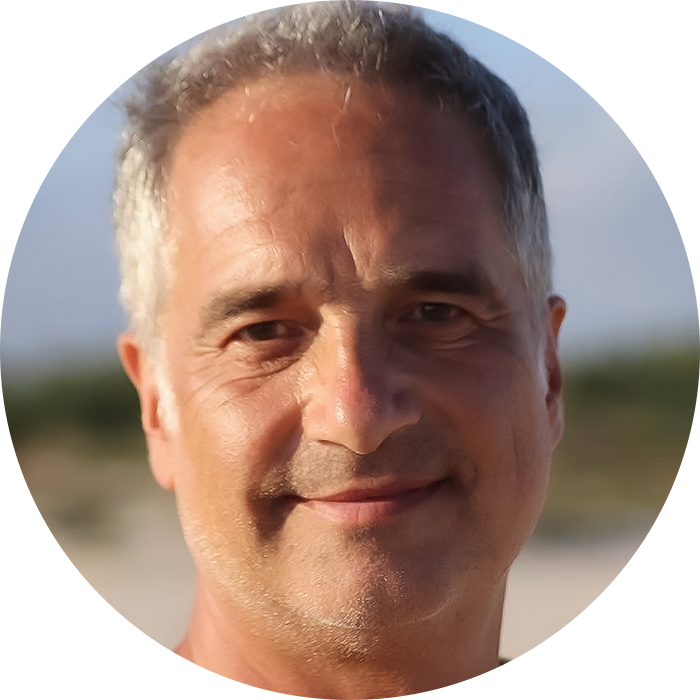
Marc Rackelmann
Body Psychotherapist & couples therapist, Vice Chairman of DGK
Marc is a body psychotherapist and couples therapist based in Berlin (ECP). He holds a diploma in Political Science and wrote his dissertation on Wilhelm Reich and the Sex-Pol movement.
As a trainer and supervisor in body psychotherapy and couples therapy, Marc is the author of several professional articles and the popular book on male sexuality, Make Love – das Männerbuch.
In addition to his trainings, he leads workshops for men and alongside his wife Michaela, for couples. He has trained in couples and sex therapy with David Schnarch and in Integrative Baby Therapy with Mathew Appleton.
Marc serves as the Vice Chairman of the German Association for Body Psychotherapy (DGK) and is a Board member of the European Association for Body Psychotherapy (EABP). He is also part of the editorial board responsible for a new edition of Wilhelm Reich’s books in Germany.
This is the Title
Lorem ipsum dolor sit amet, consectetur adipiscing elit. Ut elit tellus, luctus nec ullamcorper mattis, pulvinar dapibus leo.
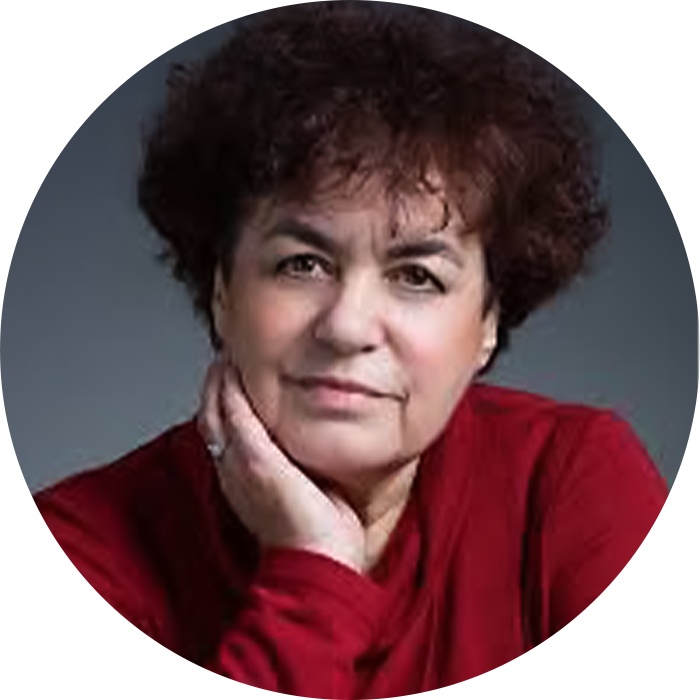
Kathrin Stauffer, Ph.D.
President of EABP
Kathrin Stauffer PhD, UKCP Registered Body Psychotherapist, is the author of ‘Emotional Neglect and the Adult in Therapy: Lifelong Consequences to a Lack of Early Attunement’ (W.W. Norton 2020). She was born and educated in Switzerland. Originally a research biochemist, she retrained at the Chiron Centre for Body Psychotherapy. She lives in Cambridge and works in private practice as a body and humanistic psychotherapist, EMDR practitioner, trainer and supervisor. Currently she is the President of the European Association for Body Psychotherapy EABP. www.stauffer.co.uk
Around the world of Body Psychotherapy in 80 minutes – a Pocket Guide
Starting with its roots in Psychoanalysis, movement, dance and breath work, we will show how Body Psychotherapy developed and diversified, with practical examples of how the different approaches are different in their emotional tone and in the physiological systems they primarily address. - We will explore what the aims of Body Psychotherapy are and how this has evolved, so that we are witnessing a gradual shift away from the focus on the liberation of emotions through the body, with a healthy human being the presumed end result (‘free you ass, your mind will follow!’). To us nowadays this no longer seems quite enough as a therapeutic aim. We feel that the new aim must include an ability to integrate and to regulate our own emotional states in the best interest of our own well-being as well as for the well-being of the community around us. - We will of course give our own attempt at a definition of what Body Psychotherapy actually is (and what it is not!), again with practical examples. - We will also try and tackle topics such as its relationship to neuroscience, its relationship to other psychotherapy modalities, and what it might have to offer for the challenges of our current world. Throughout, our emphasis will not be on theoretical rigour but on a presentation that can be experienced in the bodies of the participants, and indeed which uses the bodies of the presenters, to illustrate what we are talking about, picking out some topics that we think engaging and interesting.
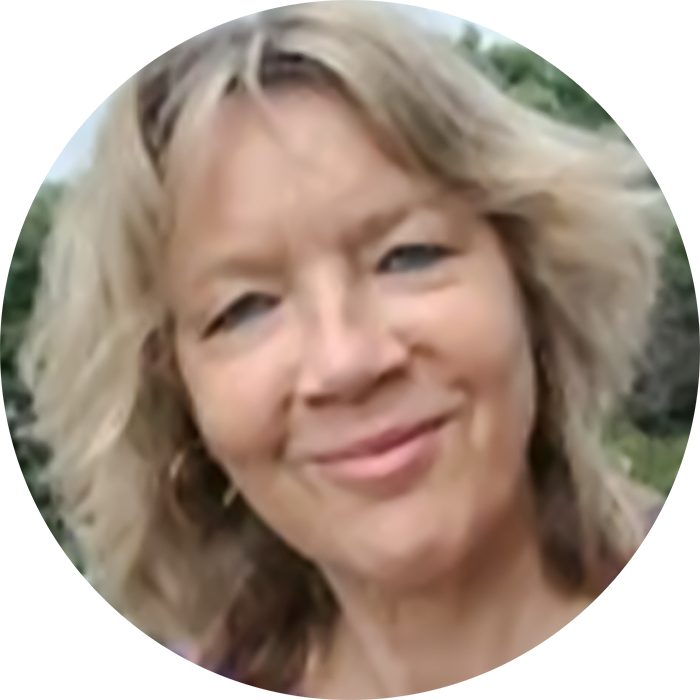
Bettina Schroeter
Founder of transformative Body Psychotherapy, BOard member of dgk
With over four decades of experience, Bettina Schroeter is a senior trainer in transformative body psychotherapy, blending movement, breathwork, voice, and emotional expression to unlock vitality and creativity. As the founder of a pioneering training center, she has helped shape the evolution of body psychotherapy and continues to mentor practitioners in Berlin, Germany.
Bettina’s therapeutic work is grounded in a rich academic foundation, with qualifications in pedagogy, sociology, and psychology. Her extensive training includes disciplines such as biodynamic psychology, biosynthesis, trauma therapy, and transpersonal psychotherapy, with influences from luminaries like David Boadella, Gerda and Ebba Boyesen, Stanislav Grof and Wolf Büntig.
Drawing inspiration from Eastern spiritual traditions, Bettina has studied Hindu, Buddhist, and Shamanic traditions, weaving transpersonal dimensions into her practice and training. Her work emphasizes building a deeper, lasting friendship with oneself and life, helping clients transform personal struggles into sources of resilience and joy.
An active member of the European Association for Body Psychotherapy (EABP), Bettina has contributed to its 1. Ethics Committee and the Forum and serves since more than a decade in the Board of the DGK. Her presentations at international congresses on transpersonal psychology and body psychotherapy have inspired therapists to integrate essential elements of Reichian BPT and transpersonal dimensions into their practices. She is an author of several articles addressing neglected gender aspects in BPT and an editor of a book about aspects of female embodiment.
The Resource of Life itself - the transpersonal dimension of embodied vitality
Sometimes it happens after a long walk, after lovemaking, in a silent meditation, or in the middle of a BPT session where movements, breathing, and sounds merge into a flow. You feel alive in every cell, beyond emotions, problems, and thoughts, just vibrating space, a pulsating heart, a wide-open mind… Who are you then? In the long tradition of W. Reich, BPT sees the life force, which penetrates all living beings, as the central resource of creative and healing impulses from deep within the human being. It can be well hidden behind trauma and neurosis, layers of hurt and disappointment, and yet be tapped by our basic tools like involuntary movements, breathing, touch, and a widening of our perspective. It can provide a more stable centering for identity than success, fame, and wealth, as it's there even in—for most—inevitable sickness, crisis, and tragedies. Many Eastern spiritual practices, as well as indigenous traditions, know about these resources of renewal, wisdom, and inspiration. BPT, by its methods, has a unique opportunity amongst the more mental field of PT traditions to bring our clients in touch with these elemental forces, which can undermine neurotic and traumatic identification once the heavy charges of these are loosened and one is ready for a creative leap. Let's taste a few of these spices woven into the speech.
This is the Title
Lorem ipsum dolor sit amet, consectetur adipiscing elit. Ut elit tellus, luctus nec ullamcorper mattis, pulvinar dapibus leo.
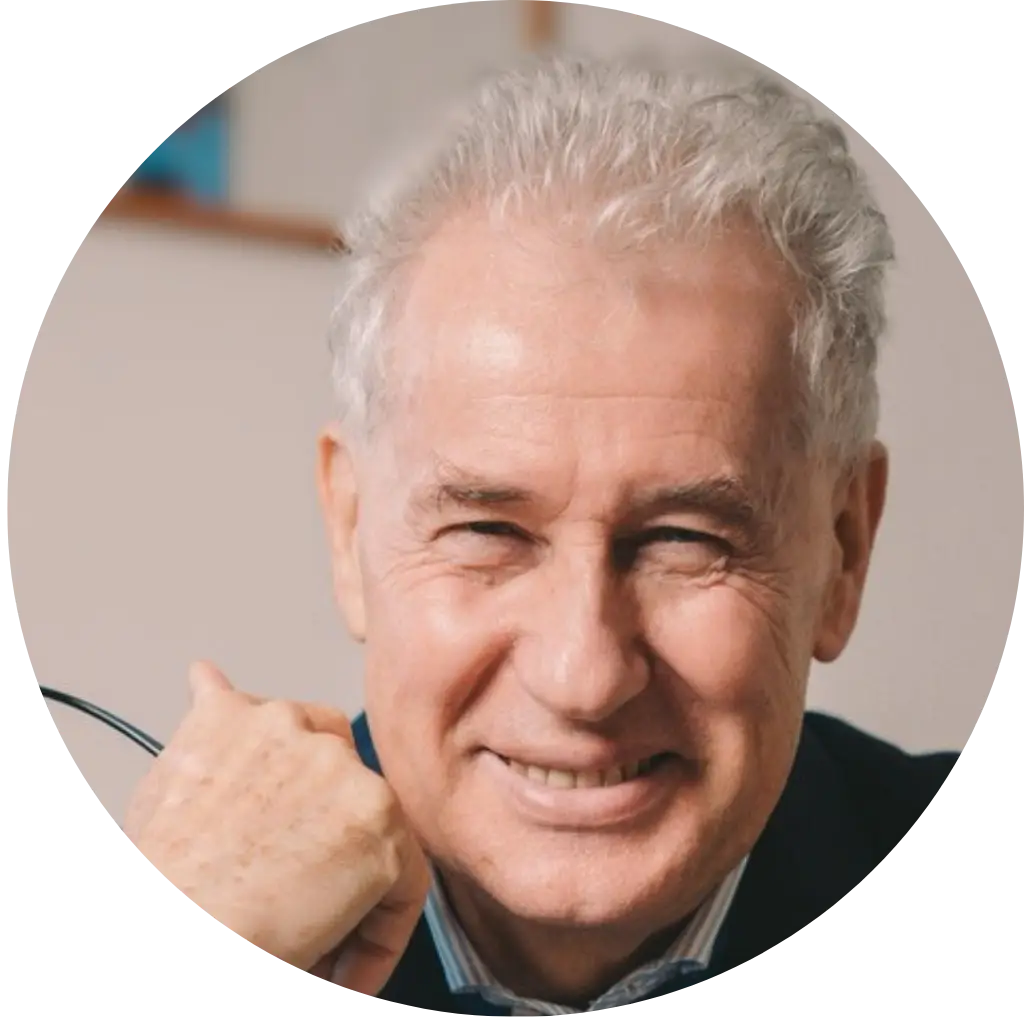
Prof. Maurizio Stupiggia
Body Psychotherapist, Co-Founder of Biosystemic Psychotherapy
Prof. Maurizio Stupiggia is a world-renowned body psychotherapist, author, and academic, best known as the co-founder of Biosystemic Psychotherapy. This innovative approach combines bodywork, psychoanalysis, and family therapy into an integrative model, earning recognition as a university specialization by the Italian government.
As a professor at the University of Milano and former faculty member at the Universities of Bologna and Genoa, Prof. Stupiggia bridges the worlds of academia and clinical practice. His work extends far beyond the classroom, with decades of experience supporting trauma recovery in survivors of natural disasters, refugees, and other marginalized groups.
Through collaborations with the Italian Ministry of Health, Prof. Stupiggia has helped develop programs for immigrant integration and post-trauma recovery. He has also supervised psychotherapists working with African women refugees who have survived war and abuse.
An international trainer, he teaches in Europe, Japan, and South America and has authored influential books such as La Terapia Biosistemica and Il Corpo Violato. His contributions continue to shape the field of body psychotherapy, offering profound insights into healing, resilience, and the role of emotions in human connection.
From Grounding to Homing-In: Cross-Cultural Pathways of the Emotional Body
The journey from grounding to homing-in represents a transformative process in body psychotherapy, where individuals move from achieving physical and emotional stability to reclaiming a deeper sense of inner belonging. This journey is profoundly influenced by cultural contexts, as different traditions and societal norms shape how individuals relate to their bodies and emotions. Grounding involves connecting with the present moment and one’s body. It helps individuals establish a sense of safety and stability amidst emotional turbulence. Techniques like mindful breathing, somatic awareness, or movement practices are universal tools, yet their application varies across cultures. In some Indigenous traditions, grounding may take the form of rituals involving nature, or connection to ancestral roots. Homing-In, on the other hand, involves a deeper inward journey—reconnecting with one’s authentic self, integrating fragmented parts of identity and reinforcing the deep sense of belonging. For instance, in collectivist cultures, the concept of “home” may emphasize relationships and community, while in individualist cultures, it may center on personal authenticity and self-expression. Cross-cultural pathways highlight how these practices are informed by diverse emotional landscapes. In some traditions, grounding and homing are intertwined with spiritual practices, which link the body and emotions to broader cosmic or spiritual frameworks. Similarly, storytelling and dance in communal settings can serve as powerful vehicles for homing, where individuals rediscover their emotional "home" within the safety of shared experiences.
